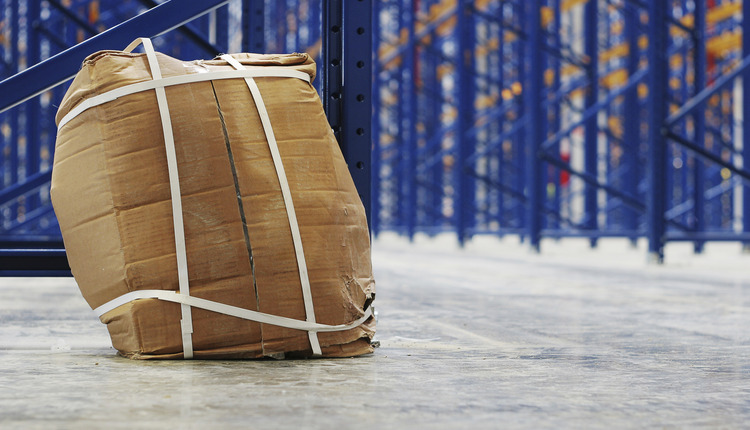This article originally appeared in the May/June issue of PARCEL.
As the population ages and regulatory requirements increase, a recent study by Deloitte forecasts global health care spend to reach $8.7 trillion by 2020. The logistics behind this spend are costly and require specialized solutions that small parcel carriers and other logistics providers are competing to provide.
It’s not as simple as putting items in a box, sealing the box, slapping a label on, and waiting for DHL, FedEx, or UPS to deliver — particularly if the items being shipped are temperature-sensitive.
Small parcel carriers have made major investments in this industry sector over the years within warehousing and fulfillment solutions, packaging and shipment tracking, and control tower monitoring.
Warehousing and Fulfillment Solutions
The number of parcel-dominated, healthcare-specific warehouses has greatly increased through mergers and acquisitions, in addition to new construction facilities. Over the years, UPS has acquired specialized providers such as Marken, Pieffe Group, CEMELOG, and Polar Speed to expand its European healthcare distribution network. Additionally, UPS has built specialized facilities in North America, Latin America, and Asia-Pacific.
DHL has also invested heavily in facilities as well as made targeted acquisitions such as niche Italian logistics provider MIT Safetrans and Brazilian cold chain specialist Polar Transportes. Additionally, DHL is studying ways to reduce costs in healthcare facilities. In April, the company announced a pilot test using collaborative, autonomous robotics solution at its life science facility in Tennessee. The pilot will last for two months and involves robots from Locus Robotics serving as picker companions for piece picking order fulfillment in the warehouse. The pilot rollout will utilize different picking strategies with the LocusBots in the warehouse. Assessments will be made on the robot’s ability to communicate with the picker and the warehouse management system, how it navigates the warehouse and its overall versatility.
FedEx’s TNT Express and GENCO acquisitions give the company additional strength in this sector. TNT Express’ well-built network for temperature-sensitive delivery provides solutions for hospitals, clinical trials as well as with direct to consumer products. Acquiring GENCO brought robust recall solutions to FedEx’s suite of healthcare solutions.
Packaging
Because of product temperature sensitivity, packaging is extremely important. The type of packaging depends on a number of factors, including desired time-in-transit, mandated temperature and humidity ranges, and other environmental concerns.
The three integrators all offer packaging options as well as consulting services in case shippers need assistance. FedEx, for example, provides its Temp-Assure packaging solutions, which includes thermal blankets, deep freezing, and various other packaging options. UPS’ Temperature True packaging is similar to FedEx and also provides reusable packaging, as does DHL.
Shipment Tracking and Monitoring
Shipment tracking and monitoring for on-time delivery performance is critical; however, other factors are just as important. Ensuring the integrity of the product has not been compromised as well as meeting strict compliance requirements also are closely monitored and tracked. All three integrators offer tracking tools that allow real-time tracking, 24/7 monitoring as well as intervention capabilities while in-transit, and documentation for compliance purposes. Such tools are available for all modes of transport – road, air, and ocean.
Outlook
As the growth in global healthcare spend climbs, optimizing the supply chain will be imperative for healthcare/pharmaceutical manufacturers. The three major integrators — DHL, FedEx and UPS — have made significant investments in this industry in anticipation of financial opportunities. For manufacturers, aligning with the right supply chain partners will prove beneficial as they will achieve operational efficiencies and thus overall company profitability. A win-win opportunity for all!













